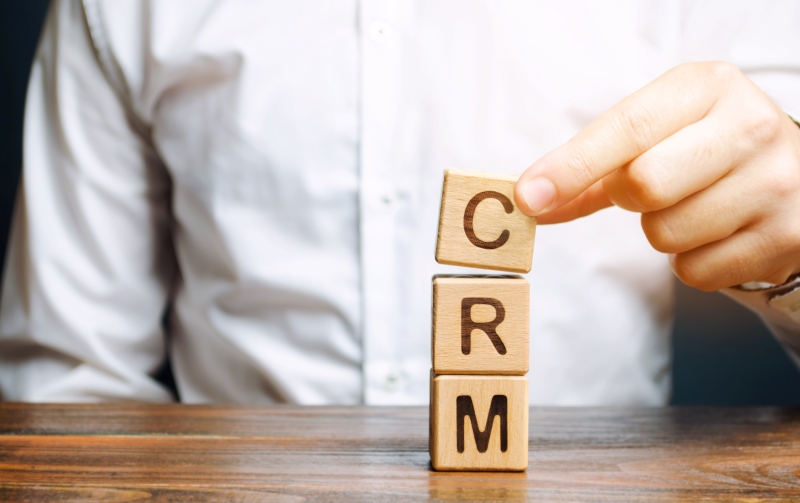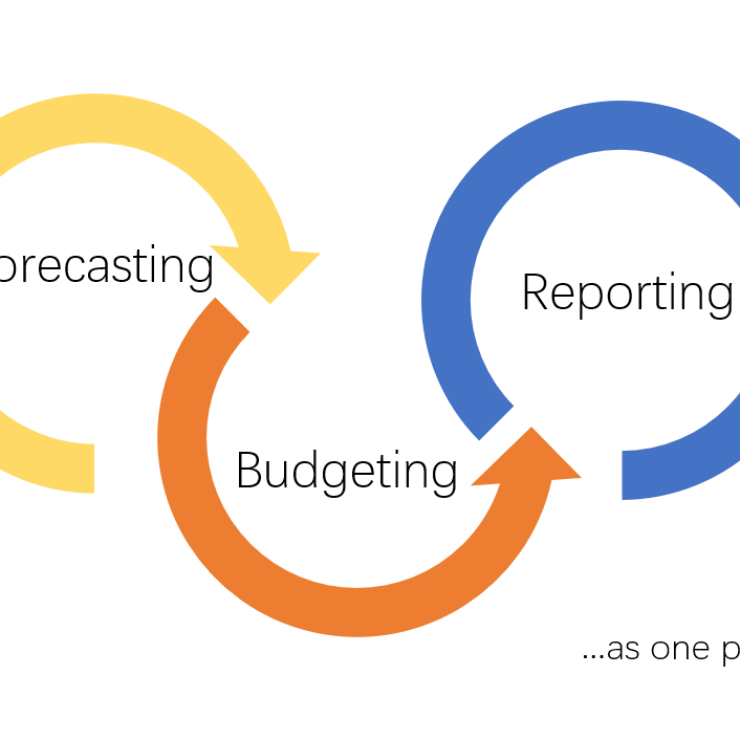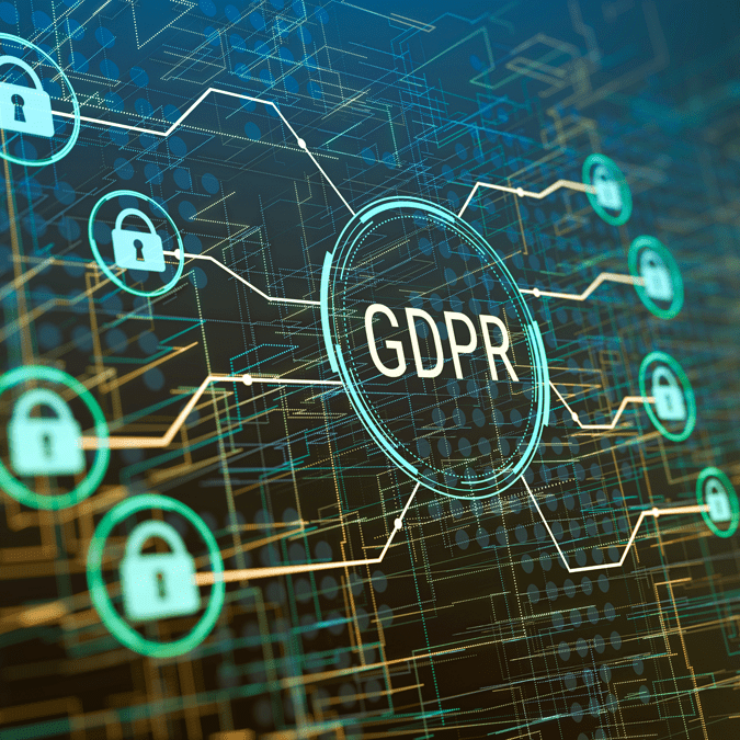
In the fast-paced and competitive business landscape, strategic management is the key to staying ahead of the game. of both internal operations and customer relationships. As companies strive to streamline processes, boost efficiency, and deliver exceptional customer experiences, two powerful tools come to the forefront: Enterprise Resource Planning and Customer Relationship Management systems.
Imagine your business as a complex maze, with numerous interconnected paths, departments, and stakeholders. ERP serves as the compass that guides your internal operations, helping in resource optimization, synchronizing departments and maintaining a bird’s-eye view of your organization. On the other hand, CRM acts as a trusted guide, leading you through the twists and turns of customer interactions, empowering you to nurture relationships, drive sales, and cultivate loyalty.
Let us understand and embark on an exploration of ERP and CRM, along with their distinctive features, benefits, and potential overlaps. We shall also delve into the fundamental differences between the two systems and uncover their unique roles within a business. Let us also examine scenarios where the integration of ERP and CRM can create a harmonious symphony, amplifying the overall effectiveness of your business operations.
To understand, ERP also known as Enterprise Resource Planning and CRM known as Customer Relationship Management are two different types of software systems used in businesses to manage various aspects of their operations.
ERP (Enterprise Resource Planning):
ERP is a comprehensive software system that integrates and manages various core business processes across different departments or functions within an organization. It focuses on the internal operations and resources of a company, such as manufacturing, inventory management, supply chain, human resources, finance, and accounting. ERP systems aim to streamline processes, improve efficiency, and provide a unified view of the organization’s data.
CRM (Customer Relationship Management):
CRM is a software system designed to manage and nurture relationships with customers. It focuses on customer-facing activities and helps organizations track interactions, manage leads, and maintain customer data. CRM systems typically include features for managing sales, marketing, customer service, and support. They aim to enhance customer satisfaction, improve sales processes, and drive customer retention and loyalty.
While there is some overlap in functionality, ERP and CRM systems serve different purposes within a business. ERP primarily focuses on internal processes and resources, while CRM is centred around customer interactions and relationships. However, both systems can benefit from sharing data and integrating it to provide a holistic view of the business.
Whether you need both ERP and CRM depends on the specific requirements and nature of your business. Some organizations may find it necessary to implement both systems to effectively manage their operations, especially if they have complex processes and a significant customer base. For instance, a manufacturing company may require an ERP system to handle inventory, production, and finances, while also utilizing a CRM system to manage sales, customer inquiries, and support.
On the other hand, smaller businesses with simpler operations may choose to prioritize one system over the other based on their core needs. For example, a startup primarily focused on customer acquisition and growth may prioritize implementing a CRM system before investing in an ERP system.
Ultimately, the decision to implement both ERP and CRM, or to prioritize one over the other, should be based on a careful assessment of your organization’s requirements, goals, and available resources. It is recommended to evaluate the specific functionalities and benefits offered by each system and determine how they align with your business objectives.



